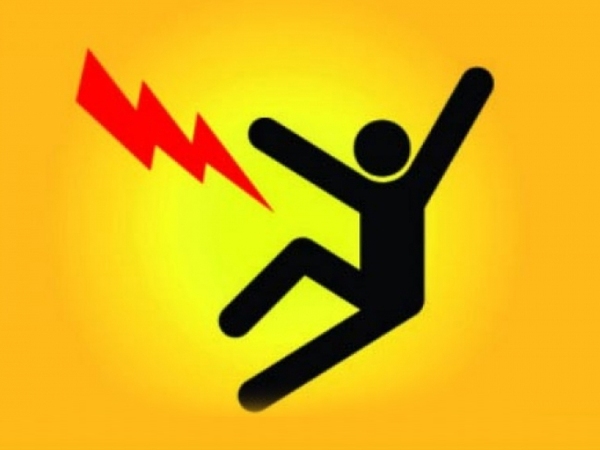Categories: Safety precautions
Number of views: 1266
Comments on the article: 1
10 rules and recommendations on electrical safety during repair work
Electrical safety is a matter of mental attitude (the feeling that you want to work safely), professional knowledge and common sense, which concern us all not only from the point of view of our own protection, but also from the point of view of those who surround us and the place where we live or develop some kind of activity.When working with electricity, there is no freedom of action due to the possibility of making a mistake, improvisation and reckless decisions.
Many of the accidents that occur with electrical appliances and installations are solely due to user carelessness and a lack of knowledge of basic safety standards.

The following general rules and recommendations will help you prevent accidents when performing any electrical and repair work in an apartment or house. Timely application of these rules can save your life or the life of other people, and also will not cause burns, electric shocks, fires and other disasters.
1. Never assume a priori that the circuit is de-energized. Check it with a test indicator, multimeter, indicator lamp or any other device or instrument in good condition.
2. If you have any questions and doubts about the upcoming work, then be sure to contact a professional electrician (trained and certified) for help. Persons who do not have knowledge of electrical engineering, power supply, the installation of various electrical equipment, the skills to use basic tools and perform electrical and repair work should not try to perform installation and repair of electrical installations. Any mistake can be fatal to health and life, or cause permanent damage to property or devices.
3. Do not operate in low light.
4. Do not work in wet areas or when you or your clothes are wet. Humidity reduces skin resistance and promotes the circulation of electric current. If the floor is wet, use a dry board for insulation.
5. Wear tested protective tools, equipment, and gadgets (glasses, gloves, shoes, etc.). Keep your tools and other electrical work items clean and in good condition.
6. Avoid using rings, chains, bracelets and other metal accessories when performing electrical work. Do not wear loose clothing that may become tangled. If you wear long hair, then collect it before work.
7. Do not use water to extinguish fires of electrical origin. Use only suitable fire extinguishers (mainly carbon dioxide).
8. Do not try to work with complex equipment or circuits until you are sure that you understand how they work. Before starting work, locate and constantly keep an eye on potential hazard points.
9. Always know where the disconnection devices for electrical appliances and installations, such as plugs, fuses and general switches, are located. If necessary, label them with some type of sticker.
10. Do not discard the ground wires of electrical installations and appliances. On the contrary, check that they are in good condition. Grounding protects people from electric shock. The green-yellow protective conductor must not be disconnected, removed or used for other purposes.
See also at i.electricianexp.com
:
